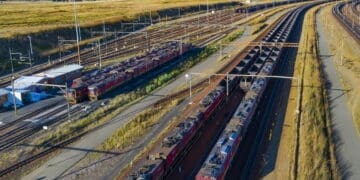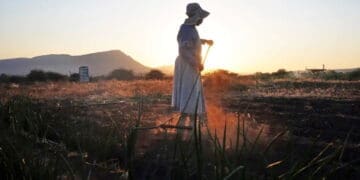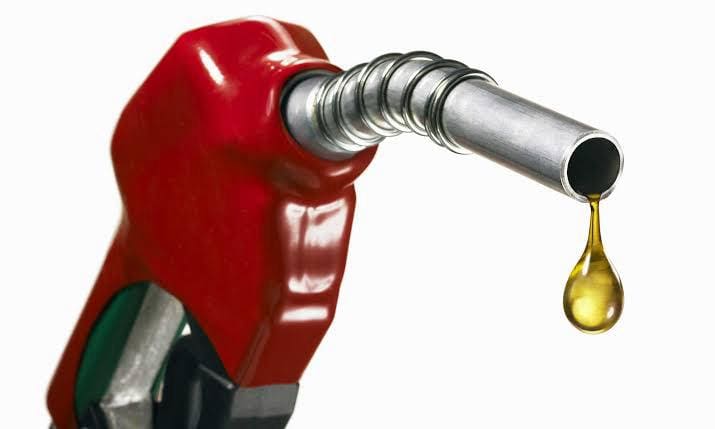While the small business sector has welcomed a slight breather after fuel prices dropped earlier this month, for those involved in logistics and delivery services, it is not enough to offset months of financial strain.
The Department of Mineral Resources and Energy announced a 72c per litre decrease in 95-octane petrol and a 85.8c cut in 50ppm diesel, bringing inland fuel prices to around R23.24 per litre for petrol and R21.16 per litre for diesel.
The motorists are happy about the drop, many businesses are still grappling with tight margins and the lingering impact of earlier hikes.
“We’ve kept our trips limited, even with the decrease,” said Thabang Shai, who has drivers for Mr D Food deliveries and Bolt in Pretoria.
“We used to do many trips per day, now we use less food trips. The fuel cut helps, but it’s not enough to bring us back to full operations.”
Shai is one of many entrepreneurs who rely on mobility to keep their businesses running. With fuel still eating into operational costs, many are adopting cautious strategies: limiting services and preserving what little profit remains.
The recent drop in fuel prices is linked to softer international oil prices and a mildly recovering rand. Brent crude dropped to around $84 a barrel, and the rand traded slightly stronger at R18.90 against the dollar, which helped reduce import costs.
However, increases in the general fuel levy and RAF levy still added 3 cents per litre this April, bringing total levies to R3.99 per litre for petrol.
Even that minor increase can quickly erode the gains from lower wholesale prices, especially for fuel-intensive businesses.
Small-scale food market entrepreneurs seem hopeful.
Mundalamo Thinawanga, who co-owns a food market in Thohoyandou in Limpopo, said she was pleased that paraffin prices have decreased.
“We cook using paraffin stoves, so it excites us to hear that paraffin prices are slightly cheaper now— 84 cents is not a lot but for prices to drop while going to winter is great news. It’s great for this kind of business, and I wish prices could get even lower.”
Some businesses are turning to innovative cost-saving tactics—route optimisation apps, shared transport and bulk delivery schedules.
Long-term resilience in the sector will require not just short-term fuel relief, but broader systemic support such as improved logistics infrastructure, access to affordable financing and incentives to adopt more efficient or renewable energy solutions.
Sustainable agriculture analyst Mpho Mence believes fuel price fluctuations can impact financial sustainability, especially for rural businesses where transport distances and poor infrastructure are challenges.
“The recent drop in fuel prices offers a welcome, albeit modest reprieve for small businesses in agriculture, but it doesn’t undo the strain caused by persistent fuel volatility,” she said.
Mence added that for agriculture SMMEs in input distribution, cold chain logistics and agri-processing, diesel was a significant operational cost.
“The diesel decrease provides some relief, but margins remain under pressure due to prior price hikes and rising input costs.”
For now, entrepreneurs like Shai and Thinawang, are treading carefully, relieved but not yet secure.
































































